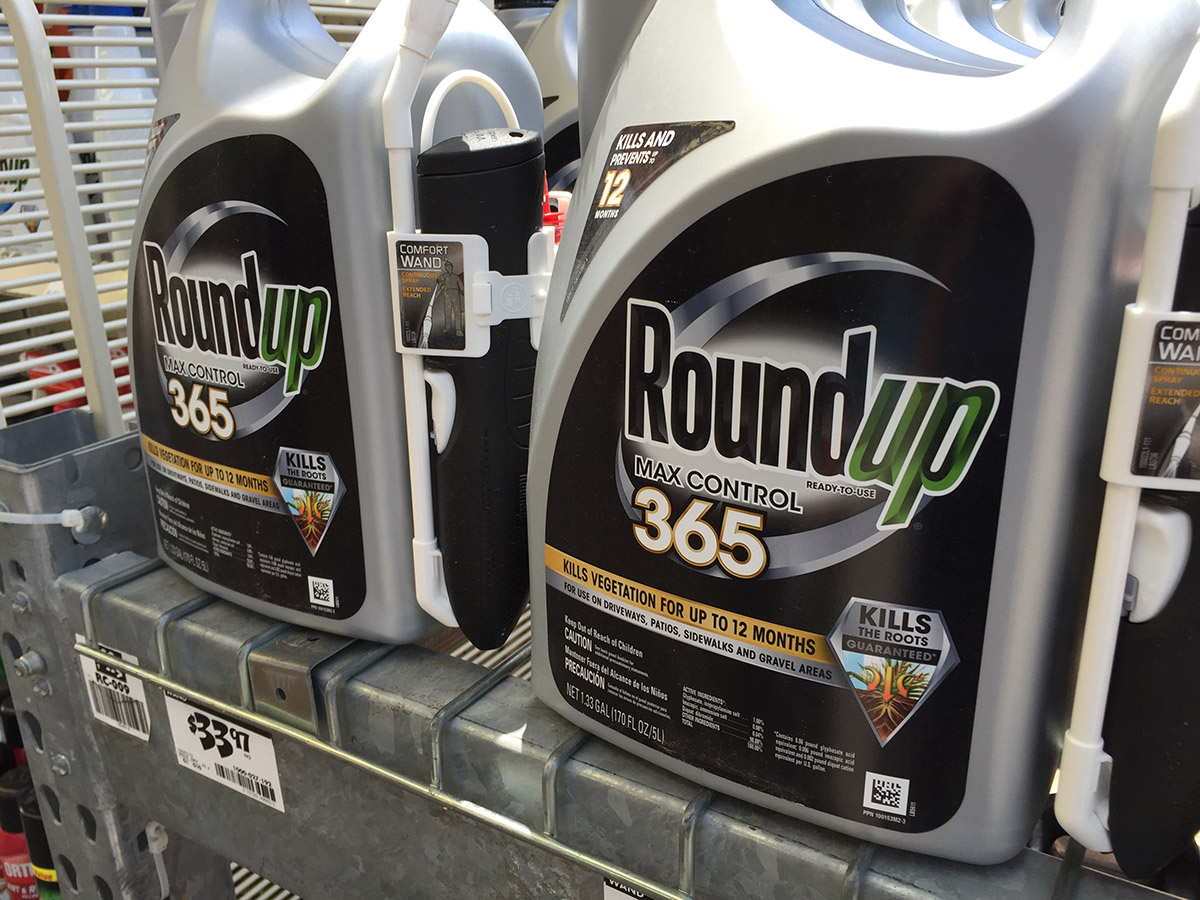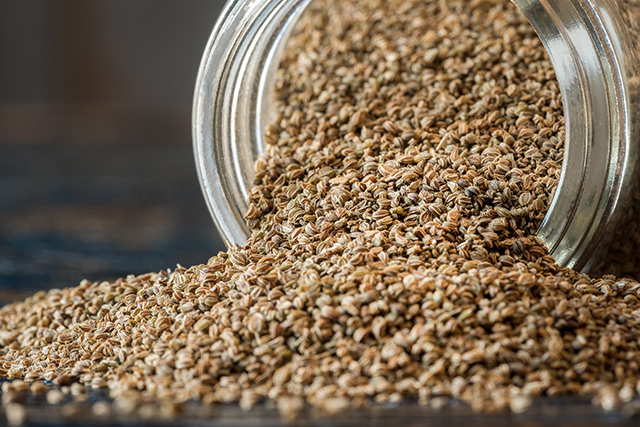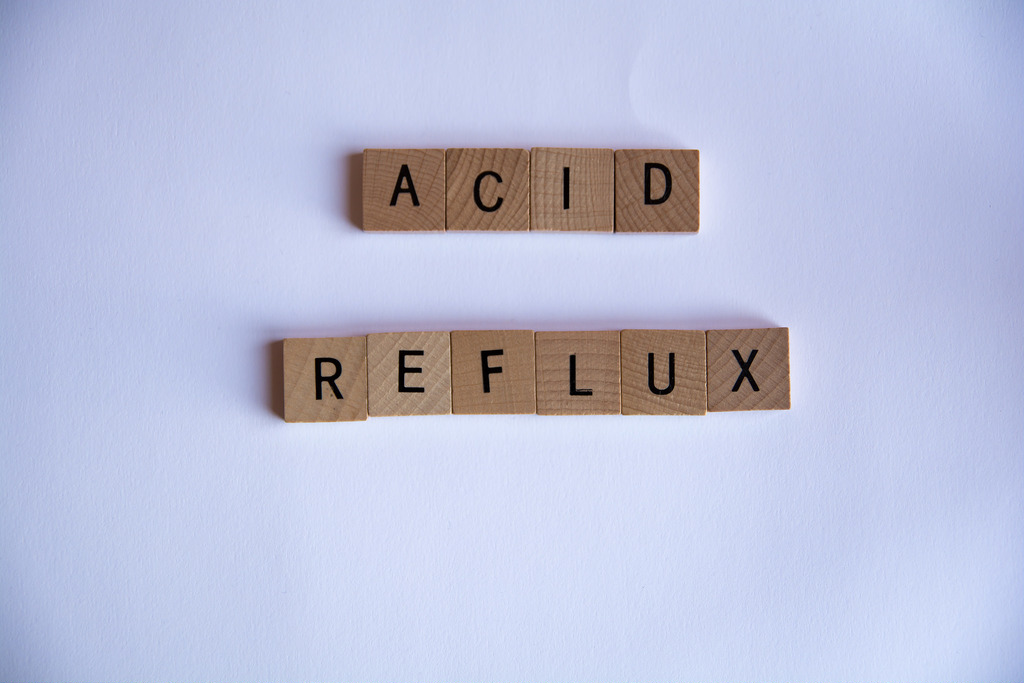New evidence PROVES that air pollution affects the placenta of developing babies
12/15/2018 / By Zoey Sky

Women tend to be even more careful about their lifestyle and diet when they’re pregnant, but there’s one thing they might be forgetting. According to a study, even unborn infant may be exposed to air pollutants that reach the placenta via the bloodstream of pregnant women.
The press release revealed that researchers from Queen Mary University of London were the first to gather evidence that “soot from polluted air can travel from a pregnant woman’s lungs and reach the placenta via the bloodstream.”
For the study, researchers analyzed placenta taken from five female volunteers who were living in London after giving birth. The women, who were non-smokers with uncomplicated pregnancies, all delivered healthy infants.
Macrophages and pollutants
The scientists analyzed 3,500 macrophage cells from the five placentas. Macrophages are white blood cells that can be found all over the human body. These cells protect the immune system by engulfing and consuming harmful particles, such as bacteria and pollution particles.
The researchers detected 72 minuscule black particles among the placental macrophages using a high-powered microscope. In the press release, the researchers posited that these are tiny carbon particles that are usually produced when burning fossil fuels.
Dr. Lisa Miyashita, one of the researchers, noted that they are unable to think of other sources of the black particles. She added that the sooty particles found in the placental macrophages looked similar to those that can be found in lung macrophages exposed to air pollutants. (Related: Air pollution found to damage DNA in the womb, according to research.)
Dr. Norrice Liu, who led the research, explained that the study results were the first to prove that inhaled pollution particles can travel from the lungs into the bloodstream, and then finally to the placenta.
Dr. Liu shared that while they have yet to confirm that the particles they found could also travel into the fetus, the study findings imply that this is possible. She added that “the particles do not need to get into the baby’s body to have an adverse effect, because if they have an effect on the placenta, this will have a direct impact on the fetus.”
In the press release, Mina Gaga, the president of the European Respiratory Society, noted that the new research has identified a possible mechanism of how babies are affected by pollution even though they’re supposed to be protected while still in their mother’s womb. She continued that the study highlights the need to raise awareness among clinicians and the public concerning the negative side effects of air pollution in pregnant women.
Gaga concluded that there is also a need for stricter policies for cleaner air to help minimize the impact of pollution on public health worldwide, especially since a new population of young adults is suffering from related health problems.
The study was presented at the European Respiratory Society International Congress in Paris.
Tips to protect children from air pollution
Follow these tips to protect your young ones from the negative side effects of air pollution:
- Be more careful if your children are most at risk. The younger your child is, the higher the impact of pollution. Other high-risk groups include asthmatics, babies in the womb, and the elderly.
- Choose active transport whenever you can. Compared to cars, active transport is safer. Walking also has health benefits, and it allows you to avoid pollution on busy roads, which helps reduce exposure by 30 to 60 percent.
- Cook in a well-ventilated kitchen. Gases and particles emitted when cooking may reach harmful levels if you’re cooking in a kitchen that’s not properly ventilated. Cook with high smoke point oils, like sunflower instead of olive oil, to reduce smoke and avoid burning food.
- Don’t smoke. Even if you’re not a smoker, walking near an area with cigarette smoke can make pollutants stick to your clothes. This can then expose your children to harmful substances.
Browse more articles with tips on how to limit your exposure to air pollution at Pollution.news.
Sources include:
Tagged Under: air filters, air pollutants, air quality, carbon particles, fossil fuels, fumes, immune system, indoor air, macrophages, placenta, pollutants, pregnancy, research, white blood cells, women's health


















